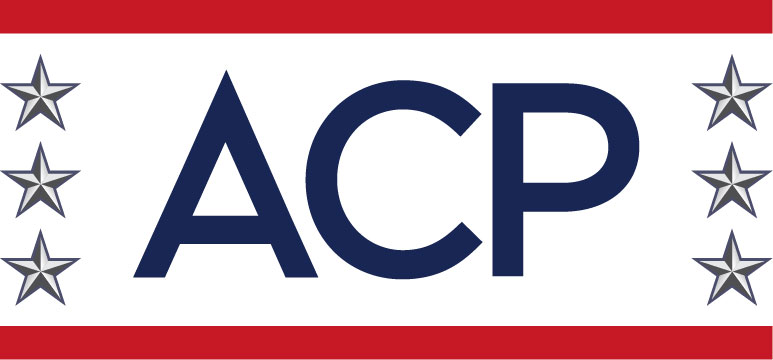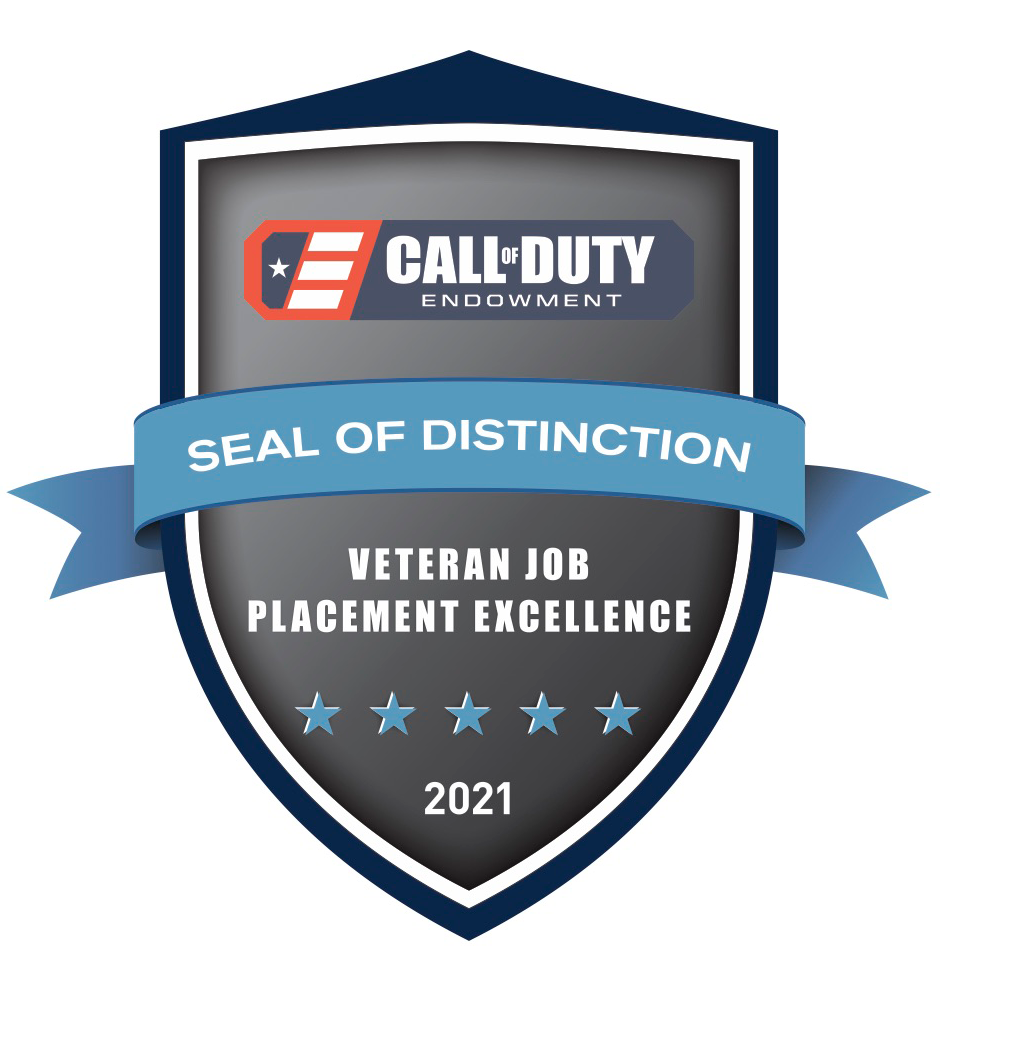Why Healthcare Needs Veterans

Healthcare is a field in need of our nation’s veterans. The industry calls for more than just doctors and nurses. According to the US Bureau of Labor Statistics (BLS) 2 million new jobs will be created in the healthcare industry from 2021– 2031, with an annual median wage of $75,000. This is in addition to the 1.9 million openings in the industry created every year just from natural growth and replacement needs. Many veterans could easily fill these openings based on their military specialty or experience. Others could use the GI Bill to get trained for a career in healthcare.
James Conway, a volunteer mentor for American Corporate Partners (ACP), is director of IT Operations and Physicians Services at HCA Healthcare and a US Army veteran. He agrees that veterans possess several strengths and traits which make them invaluable to the healthcare industry. While serving in the Army, Conway held a variety of positions, which culminated as chief operations officer before his military transition in 2013. In his current role at HCA Healthcare, Conway manages the directors of information technology and technical analysts at 13 hospitals, including medical staff in California and Las Vegas.
“Going from the military to the healthcare industry is just transitioning from serving my country to serving my community. A service mindset is imperative when you work in healthcare. Service members are calm under pressure, which is another key trait to have in healthcare,” said Conway, adding, “After years of training in the military, veterans are accustomed to operating in stressful environments. So what might be stressful to a civilian might not be stressful to a veteran.”
Conway said veterans also have strong work ethics and embrace traits such as “being dependable, disciplined, organized, adaptable and being self-starters.” According to Conway, “It does not hurt that veterans are also taught leadership skills. They tend to be strong in executive presence, responsibility, managing change well, holding other people accountable and team leadership skills.” As Conway’s experience demonstrates, the healthcare industry comprises more than just doctors and nurses. Our nation’s service men and women can step into all sorts of roles, he points out, and with their experience and training from the military, they make natural fits.
Justin Hines served 20 years in the Army and is a current ACP protégé in a mentorship. He’s also a new employee to HCA Healthcare as an operations project manager. While in the Army, Hines was an optometrist and wanted to continue working in healthcare after his military transition. “Going into the military has really given me the value and the satisfaction of helping others,” Hines said. “Staying in a job in healthcare, it does just that. Even if I am not the one that is providing the point of care, I am facilitating healthcare and process improvements from a business and operations aspect that helps promote that healthcare,” Hines said, adding, “In a nutshell, service excites me.”
As far as project management in healthcare, Hines said this work also has an element of adventure. “I don’t know what tomorrow looks like. It is not mundane. It is not, ‘Hey, I have to see patients.’ It is not, ‘Oh, I have to answer the phone and schedule appointments.’ I can have any number of projects that I get called on to help on and assist. For my role that is what is most exciting.”
A transition to healthcare can also lead to a competitive advantage for veterans regarding salary. Hines explains his military experience resulted in higher pay in the private sector. “I have some peers who work in urgent care, and I can consider them a younger me who did the education route first and internship, but they make significantly less than me.” According to BLS statistics, the annual median wage of a healthcare professional in the US is $75,000, which is nearly $30,000 more than the median annual wage for all occupations at $45,760. This difference in salary is another factor for veterans to consider when planning their military transition.
Veterans considering a military transition to the healthcare industry can request a mentor through ACP to help navigate meaningful employment in the field. Established in 2008, ACP pairs active-duty spouses and post 9/11 veterans with seasoned Fortune 500 mentors to help find their next careers. In particular, ACP has a clean bill of healthcare mentors from companies such as Amneal, Bristol Myers Squibb, Empire BlueCross BlueShield, HCA Healthcare, Johnson and Johnson, Lifepoint Health, Mass General Brigham, Medtronic and Pfizer. Interested applicants who wish to join the 26,000+ successful alumni participants may apply at apply.acp-usa.org/protege.











